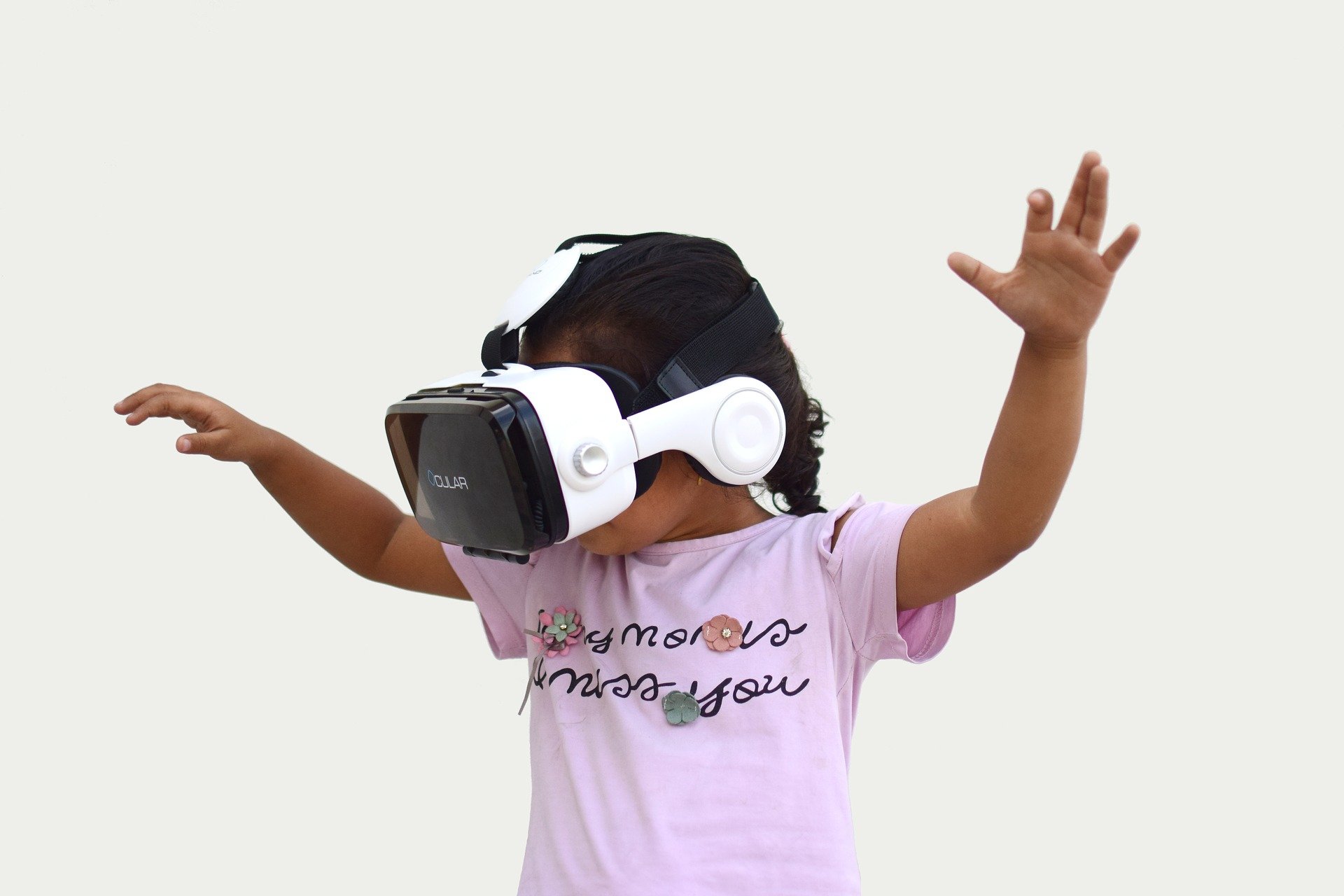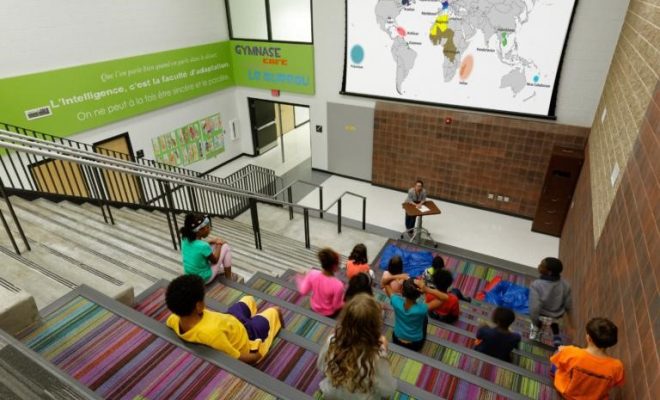How Cognitive Computing Can Make You a Better Teacher

Cognitive computing is the end of one-size-fits-all education. The technology will make possible this declaration by Ignacio Estrada: If a child can’t learn the way we teach, maybe we should teach the way the child learns.
This is exactly what will be possible in the near future with the help of cognitive computing.
IBM defines cognitive computing as “systems that learn at scale, reason with purpose and interact with humans naturally. Cognitive computing uses self-teaching algorithms, data mining, computer vision, and natural language processing to solve problems.”
These systems are poised to optimize human operations in education as well as other industries.
IBM Watson is an example of a cognitive computing system being deployed in education. The IBM cognitive computing system is able to communicate using natural language.
The ability of these kinds of systems to digest large data sets and communicate with humans in natural language will greatly expand a teacher’s teaching scope.
You know how embarrassing it can be for a teacher when a bright spark asks a question that the teacher can’t answer? Well, with Watson or similar cognitive systems, those moments will be something of the past.
The teacher can simply direct the question to the cognitive system, which will come up with the right answer to the question together with an explanation of how it arrived at the answer.
One enduring frustration in teaching is the fact that teachers are frequently faced with students who vary in their ability to absorb new information. In addition to different aptitudes and different learning styles, students often have different levels of motivation to learn.
In fact, there are so many variables in one classroom; it’s a wonder so many students do learn something.
It is simply impossible for a teacher to always give each student their deserved attention at their level. So, some learners inevitably fall through the cracks, which can have dire consequences for them later when they arrive at the point where they have to decide what career they want to follow.
The arrival of intelligent agents in the classroom will put an end to this frustrating problem.
Cognitive agents will learn every detail about each student: their aptitude, abilities, interests, and preferred learning style. And they will use this information to personalize course work for each student.
The system would, for instance, know what the student’s learning style is. Imagine a child is a kinesthetic learner with an aversion to math. The cognitive computing system will create a study plan to help the child master math problems in a way which incorporates some physical activity.
These cognitive systems would also notice when a learner is not coping with the study materials. The system can then adapt the learning materials to suit the learner’s pace and abilities. It will also alert the teacher to the situation so appropriate action can be taken.
In this way, cognitive agents will help teachers to reach more students more effectively.
With the help of cognitive computing, teaching is about to become both easier and more exciting, but most of all, more effective.






